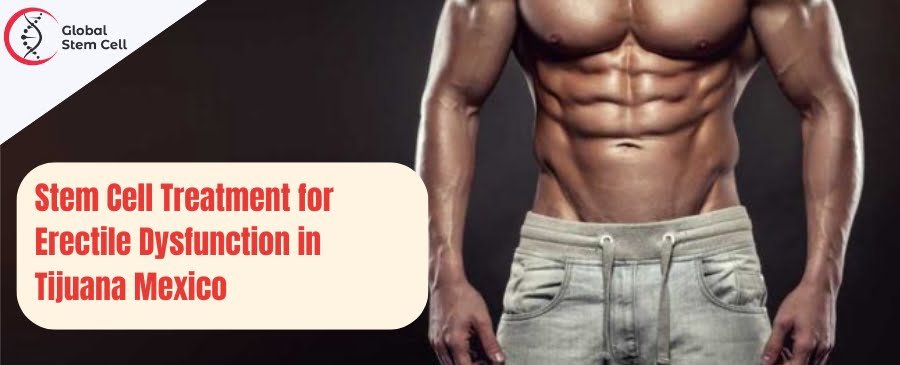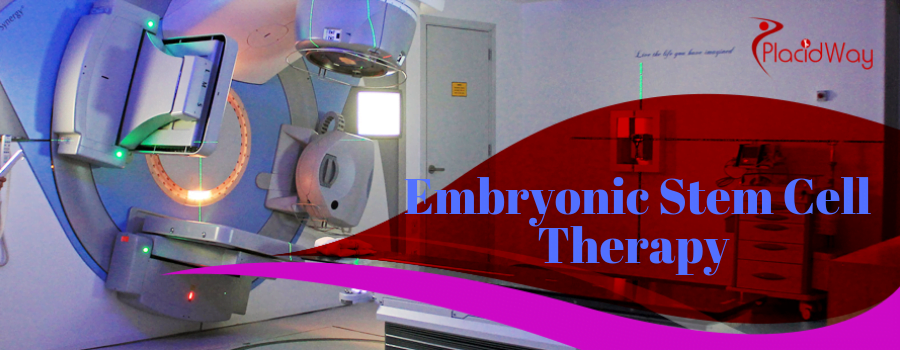Regenerative Medicine for Infertility
Table of Content
Infertility is a growing concern among couples worldwide. It is estimated that about 15% of couples face infertility, making it a widespread issue. While there are various medical treatments available for infertility, stem cell therapy is a relatively new but promising option. In this blog, we will explore the concept of stem cell therapy for infertility, its benefits, and limitations.
Causes of Infertility
Infertility can be caused by a variety of factors, including:
- Ovulatory Disorders: Ovulatory disorders, such as Polycystic Ovary Syndrome (PCOS), can cause infertility by preventing the release of eggs from the ovaries.
- Tubal Factors: Tubal factors, such as scarring or blockages, can prevent the egg from reaching the uterus or the sperm from reaching the egg, making it difficult for conception to occur.
- Uterine Factors: Uterine abnormalities, such as fibroids, can also make it difficult for conception to occur.
- Endocrine Disorders: Hormonal imbalances, such as thyroid problems or pituitary gland disorders, can impact fertility.
- Male Infertility: Male infertility can be caused by a variety of factors, including low sperm count, poor sperm motility, or structural problems with the reproductive organs.
- Age: Women’s fertility declines with age, particularly after the age of 35.
- Lifestyle Factors: Lifestyle factors, such as smoking, excessive alcohol consumption, and being overweight or underweight, can also impact fertility.
What is Stem Cell Therapy for Infertility?
Stem cell therapy for infertility is a relatively new and innovative medical treatment that uses stem cells to improve fertility. Stem cells are unique cells that have the ability to develop into different types of cells, including reproductive cells. By introducing these stem cells into the reproductive system, scientists hope to boost the body’s natural fertility processes.
How stem cell therapy helps in Infertility treatment?
Stem cell therapy for infertility works by introducing new and healthy stem cells into the reproductive system to boost the body’s natural fertility processes. The exact mechanisms by which stem cells improve fertility are still being studied, but some possible explanations include:
- Improved Ovarian Function: Stem cells have the ability to develop into different types of cells, including reproductive cells. By introducing these stem cells into the ovaries, they may improve ovarian function, leading to increased egg production, better egg quality, and improved ovulation.
- Regeneration of Tissues: Stem cells have the ability to regenerate damaged tissues. By introducing these cells into the reproductive system, they may help to repair damaged tissues, such as blocked fallopian tubes, and improve fertility.
- Increased Sperm Count and Motility: Stem cells may also help to improve male fertility by increasing sperm count and motility.
- Improved Hormonal Balance: Stem cells may help to improve hormonal balance in the body, which can impact fertility.
Benefits of Stem Cell Therapy for Infertility
Stem cell therapy has a number of potential benefits for individuals struggling with infertility. Some of the most notable benefits include:
- Increased Fertility: Stem cell therapy has the potential to improve fertility by introducing new and healthy reproductive cells into the body. This could lead to increased egg or sperm production, better egg and sperm quality, and improved ovulation.
- Natural Treatment: Unlike traditional infertility treatments, stem cell therapy is a natural treatment that doesn’t rely on drugs or hormones. This makes it a more appealing option for individuals who are looking for a less invasive treatment.
- Safe and Effective: While stem cell therapy is still in its early stages, initial studies have shown that it is safe and effective for improving fertility.
Stem cell therapy is a promising new treatment for infertility that has the potential to help individuals increase their fertility naturally. However, it is still in its early stages of development, and more research is needed to fully understand its benefits and limitations. If you are struggling with infertility, it is important to speak to your doctor about all of your options, including stem cell therapy, to determine the best course of treatment for your individual needs.
For more details about stem cell treatment for Infertility and stem cell clinics, Contact us today:







